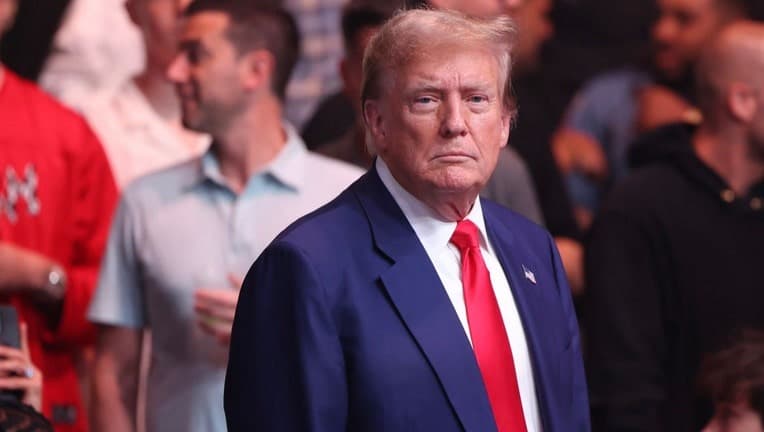Trump’s Economic Approval Hits New Low as Recession Fears Grow

President Donald Trump’s economic approval rating has dropped to its lowest point yet, according to new national polls that show growing public concern over rising prices and the threat of a recession.
Public Confidence in Trump’s Economic Leadership Slips
A Reuters/Ipsos poll found that just 37% of Americans approve of Trump’s handling of the economy—the lowest level recorded during his presidency. Meanwhile, a separate AP-NORC poll conducted April 17–21 found that many Americans are increasingly skeptical of Trump’s ability to steer the country clear of economic trouble.
Concerns are largely tied to Trump’s trade policies, especially his use of tariffs, which many fear could drive up consumer prices and trigger a recession.
Americans Worry About Inflation, Debt, and Retirement
According to the AP-NORC poll:
-
Nearly 60% said they are “extremely” or “very” concerned about rising grocery prices.
-
About half are deeply worried about the cost of major purchases like cars and appliances.
-
Roughly 6 in 10 Americans oppose tariffs on all foreign goods, and an equal number say Trump has “gone too far” with new tariff measures.
The Reuters poll paints a similar picture:
-
75% of respondents said they fear a recession.
-
56%—including 25% of Republicans—describe Trump’s economic decisions as “too erratic.”
-
87% are concerned about inflation, while 86% worry about the rising cost of living.
-
52% agree that Trump’s actions could “make it harder to live comfortably in retirement.”
Stock Market Anxiety on the Rise
Investor concerns have been mounting as well. Recent market volatility, driven by fears over Trump’s tariff threats—like the proposed 25% tariff on imported cars—has rattled Americans. 60% of those surveyed expressed concern about the stock market’s instability.
The Bottom Line
While Trump remains stronger on issues like immigration, these latest polls suggest that Americans’ confidence in his economic leadership is slipping fast. With talk of a potential recession and the financial strain of tariffs becoming more real for everyday Americans, the economy may be a growing political liability heading into the next election cycle.